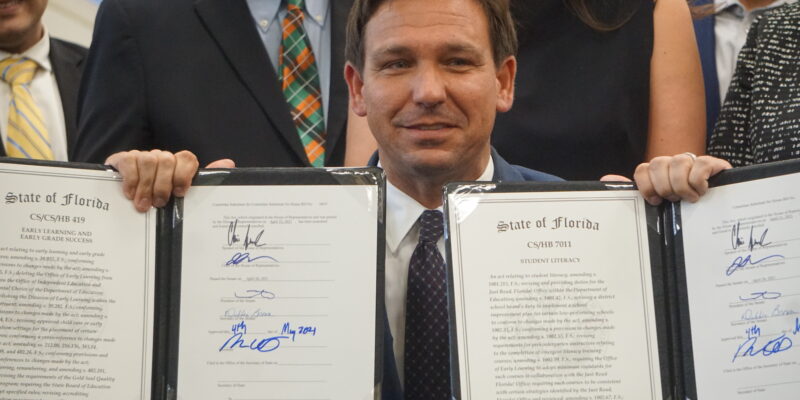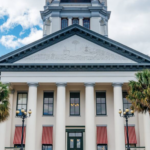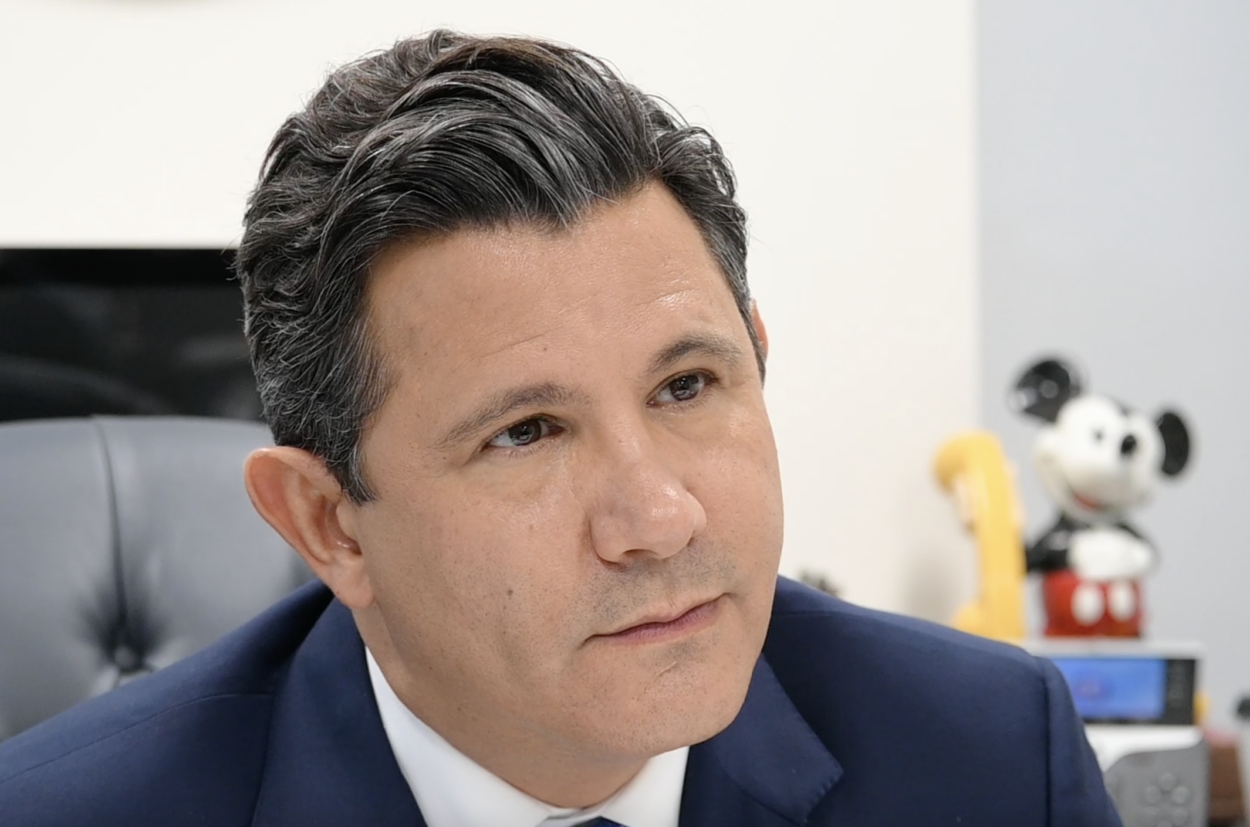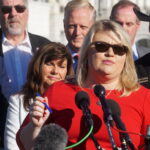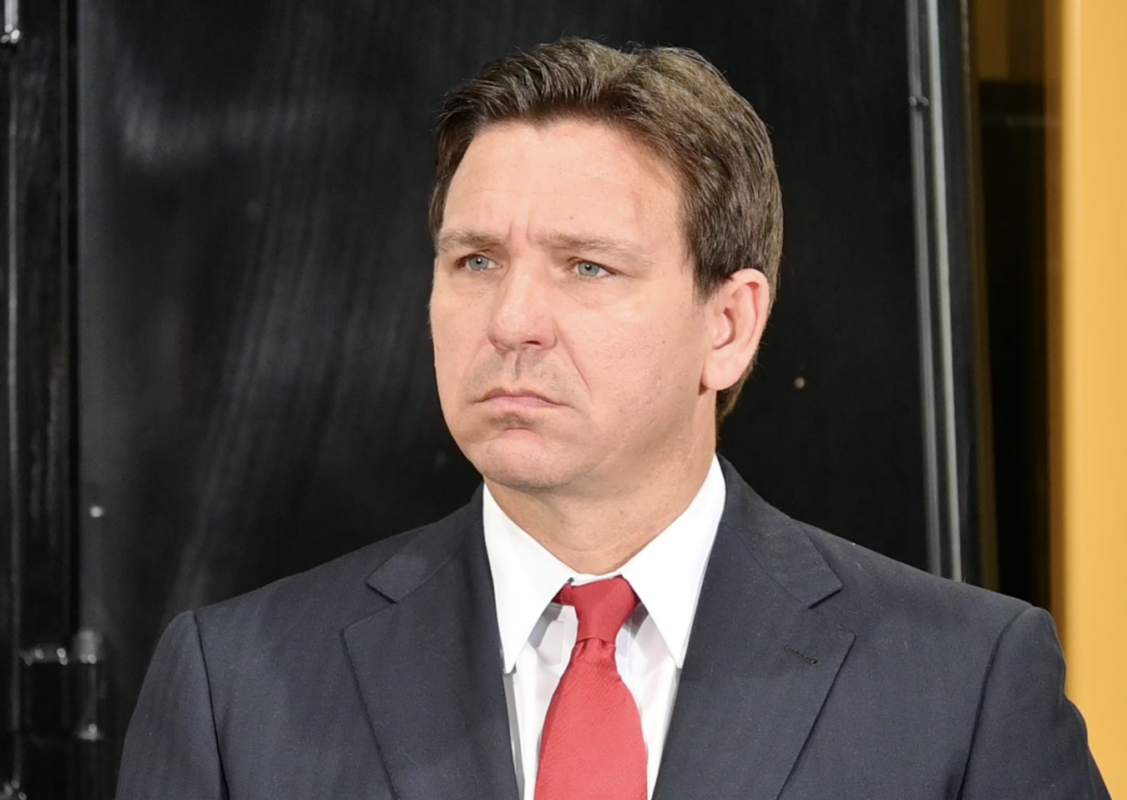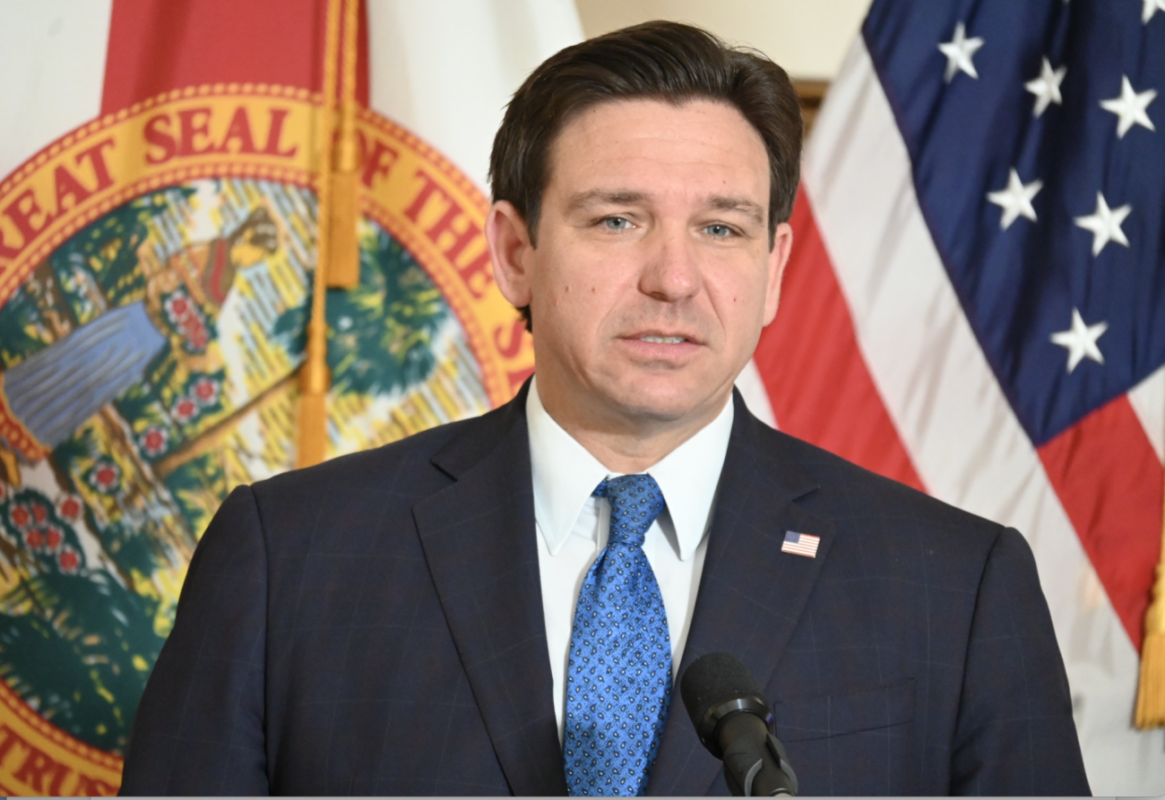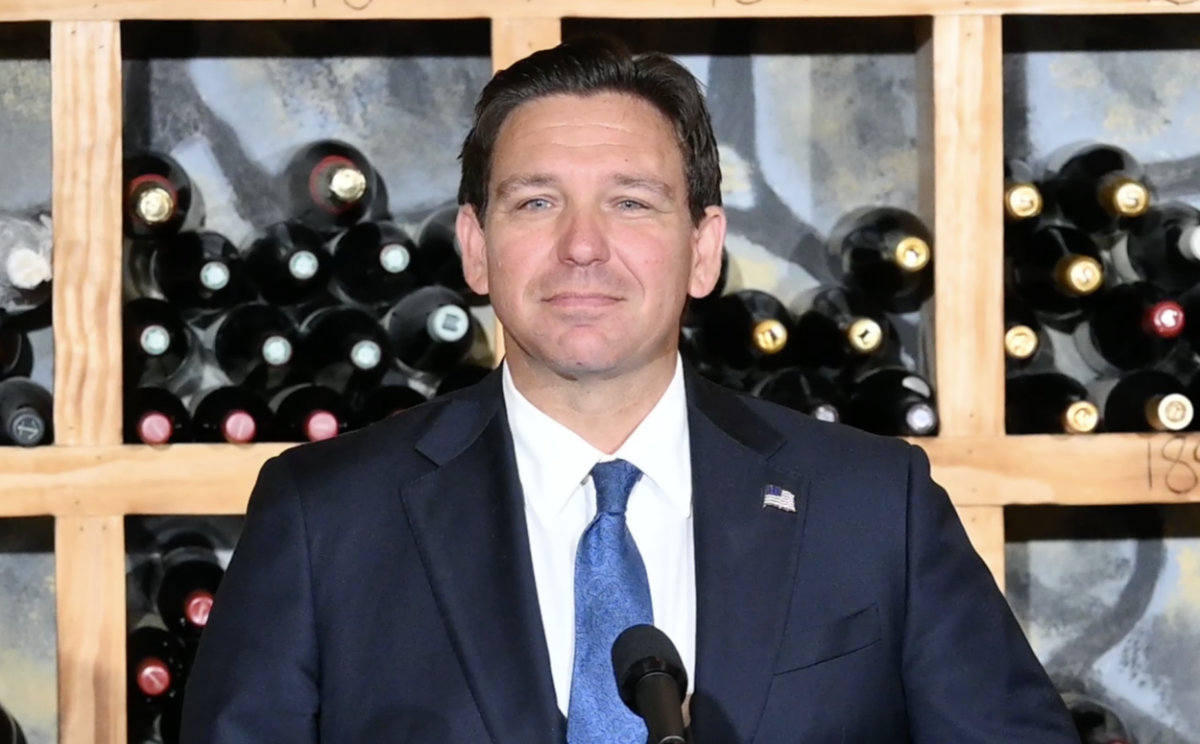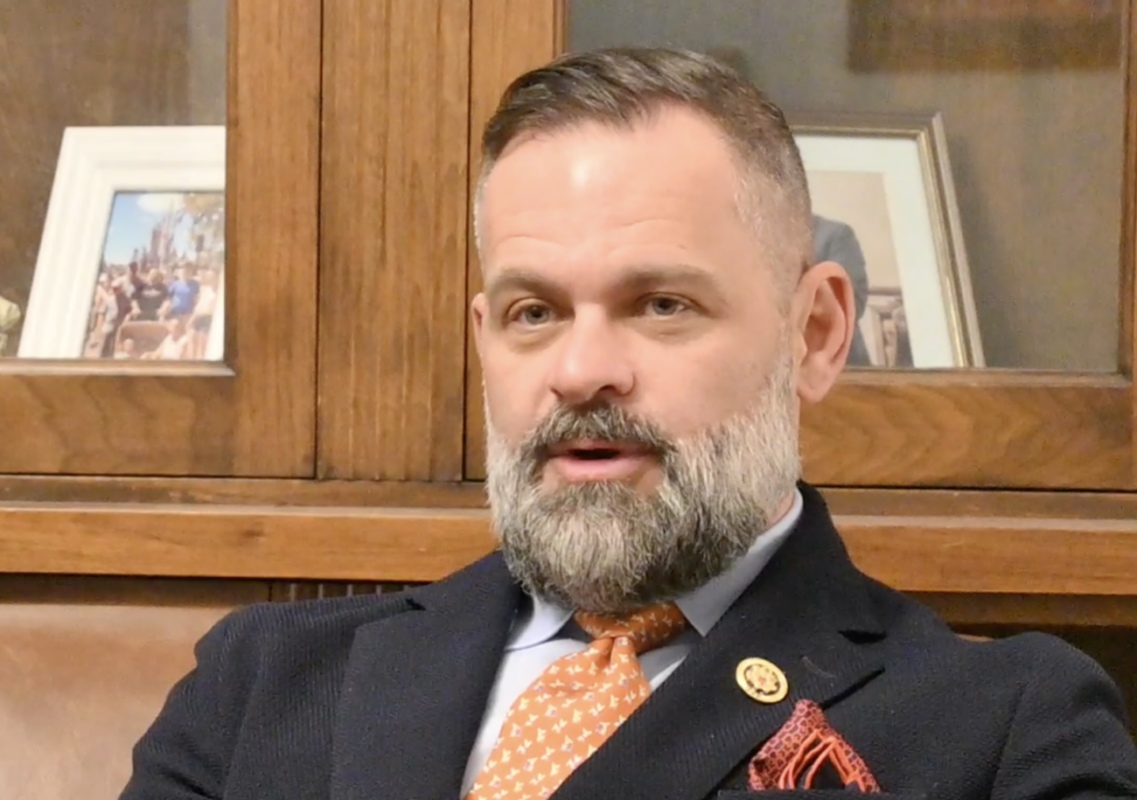Less than a week after signing the Sen. Ray Rodrigues' Transparency in Technology Act (SB 7072) into law, Florida Governor Ron DeSantis (R) and Attorney General Ashley Moody (R) have been slapped with a lawsuit over the Big Tech accountability law that has been labeled as unconstitutional and even "draconian."
The co-filed federal lawsuit filed by the Computer and Communications Industry Association (CCIA) and NetChoice asserts that the law is unconstitutional, violates federal law, and infringes on American's freedom of speech, equal protection, and due process, as protected by the First and Fourteenth Amendments to the U.S. Constitution.
"The CCIA is known to support the industry's free speech right to deliver on their commitments to users to mitigate harmful content online," says CCIA President Matt Schruers.
Schruers argues that public free speech does not apply when speech is taken place in a private company and censoring elected officials is another way to "hold them accountable," adding that the "U.S. free speech principles protect the public from government penalties for speech; they do not protect elected officials from the speech choices of the public.
"Forcing a company to publish government officials’ speech is more characteristic of last-century dictatorships than 21st-century democracies," added Schruers.
Schruers sees potential censorship as a way to protect online communities and believes the bill threatens the safety of Floridians online.
In a press release, NetChoice Vice President and General Counsel, Carl Szabo characterized the bill as a government overreach, fearing it is one step close o implementing "state-run media and state-run internet."
“Americans everywhere should oppose Florida’s attempt to run roughshod over the First Amendment rights of private online businesses,” said Carl Szabo, Vice President and General Counsel of NetChoice. “By weakening the First Amendment rights of some, Florida weakens the First Amendment rights of all.”
“We cannot stand idly by as Florida’s lawmakers push unconstitutional bills into law that brings us closer to state-run media and a state-run internet,” continued Szabo. “The First Amendment protects social media platforms’ right to host and moderate content as they see fit for their business models and users.”
NetChoice's scathing release claims that DeSantis' Big Tech law is "a blatant attack on the First Amendment" of the Constitution, it "gives special treatment to certain speakers like political candidate" may "spread unlawful, violent, or hateful content—and threatens severe penalties even when the businesses step in to protect their users or to respond to unforeseen crises."

